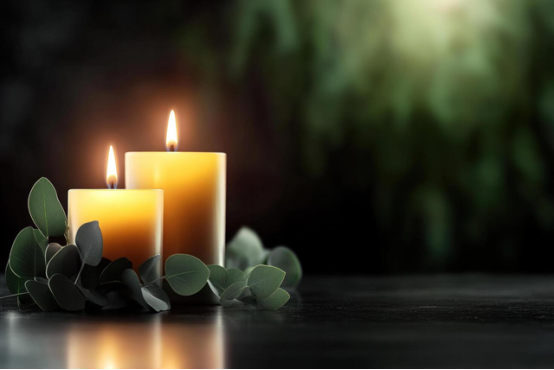Understanding Modern Cremation Services: A Complete Overview
Cremation has become a widely chosen option for end-of-life arrangements, providing families with a respectful and practical alternative to traditional burials. The process involves carefully controlled heat that reduces the body to bone fragments, which are then refined into ashes. Gaining a clear understanding of cremation helps families make thoughtful decisions during difficult times.
Cremation has become a widely chosen option for end-of-life arrangements, providing families with a respectful and practical alternative to traditional burials. The process involves carefully controlled heat that reduces the body to bone fragments, which are then refined into ashes. Gaining a clear understanding of cremation helps families make thoughtful decisions during difficult times.

The Steps in the Cremation Process
Cremation is carried out through a series of regulated steps. First, identification and all required authorizations must be confirmed, including permits and official documents. The deceased is then placed in a cremation container or casket made from combustible material. Before the procedure starts, items such as medical devices or personal belongings are removed.
The actual cremation takes place in a special furnace called a retort, where temperatures typically range from 1,400 to 1,800 degrees Fahrenheit. The process generally lasts two to three hours, followed by a cooling period before the remains are processed into ashes.
Typical Cost of a Simple Cremation
The overall cost of cremation differs depending on region and the level of services chosen. A direct cremation, which covers only the essentials, usually costs between £1,000 and £2,500. Costs rise if additional services such as memorial ceremonies, viewings, or premium urns are included.
Service Type | Basic Cost Range | Additional Services |
Direct Cremation | £1,000 – £1,500 | Ceremony not included |
Traditional Cremation | £2,000 – £3,500 | Includes ceremony and viewing |
Premium Package | £3,500 – £5,000 | Full service with premium urn |
Note: The prices listed reflect the most recent information available but may vary over time. Independent verification is recommended before making financial commitments.
Witness Cremation and Its Importance
A witness cremation provides an opportunity for family members to be present at the beginning of the cremation process. For many, this option offers a sense of closure and plays a meaningful role in cultural or religious traditions. Families usually gather in a designated viewing room to observe the start of the procedure. In some cases, a short ceremony or ritual may be included beforehand. Certain facilities also provide private areas for families to spend time together before and during the initial stage of cremation.
Required Documentation for Cremation
Several documents must be secured before cremation can take place. These commonly include:
A valid death certificate
A completed cremation application form
Medical certificates signed by two physicians
Next of kin authorization
Coroner’s approval if necessary
Options for Final Disposition
Once cremation is complete, families may choose from several ways to manage the ashes. Common options include:
Keeping the urn at home
Scattering the ashes at a significant location
Placing them in a columbarium niche
Transforming a portion into memorial jewelry
Choosing eco-friendly scattering in natural settings
Families are not required to make this decision immediately, as many crematoria can temporarily store the remains. Local regulations often determine where ashes can be scattered or interred, so confirming these requirements beforehand is essential.

